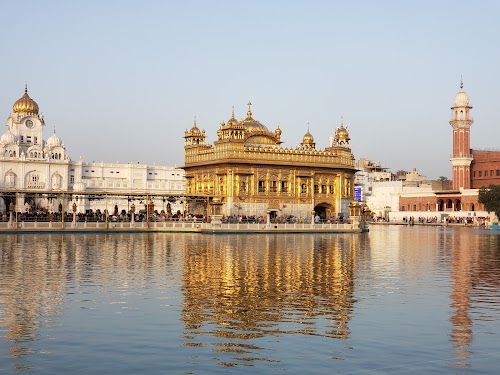
Discover Incredible Places in Amritsar
Explore our handpicked collection of breathtaking destinations across India
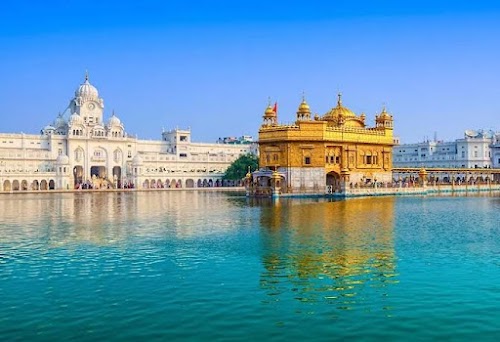
Sri Harmandir Sahib
The Golden Temple, also known as Harmandir Sahib, is a spiritually significant gurdwara located in Amritsar, India. It's the holiest shrine in Sikhism and a symbol of equality and unity, welcoming people of all faiths. The temple's stunning golden structure is surrounded by a sacred pool (Amrit Sarovar) believed to have healing powers. Visitors can witness the continuous recitation of the Guru Granth Sahib (holy scripture) and partake in the langar (free community kitchen), a testament to the Sikh principle of selfless service. The serene atmosphere and the golden reflection shimmering on the water create a truly mesmerizing experience.
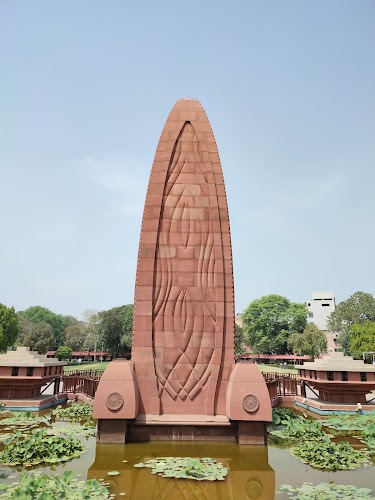
Jallianwala Bagh
Jallianwala Bagh is a public garden and a poignant memorial to a tragic event in Indian history. It houses a memorial well, bullet marks on the walls, and the Martyrs' Gallery. The garden serves as a reminder of the brutality of the Amritsar Massacre and is a place for reflection and remembrance. The serene atmosphere and historical significance make it a must-visit for anyone interested in Indian history and the struggle for independence.
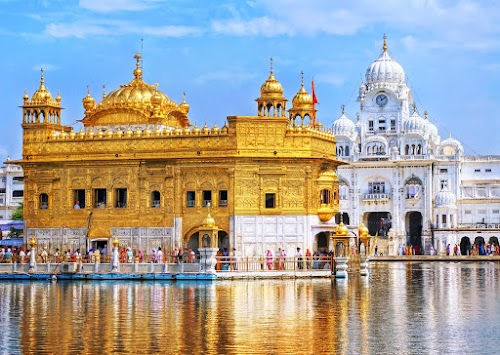
Sri Akal Takht Sahib
Akal Takht, meaning 'Throne of the Timeless One', is one of five takhts (seats of power) in Sikhism. Located within the Golden Temple complex in Amritsar, India, it stands as the supreme center of religious authority and temporal affairs for the Sikh community. Distinct from the Golden Temple's spiritual focus, the Akal Takht addresses social and political issues, upholding justice and Sikh principles. Visitors witness the daily ceremonies, including the raising and lowering of the Nishan Sahib (Sikh flag) and the recitation of prayers. The building's architecture blends Mughal and Sikh styles, featuring a marble facade and gold embellishments. It's a place of immense historical and cultural significance, offering insights into Sikh governance and tradition.
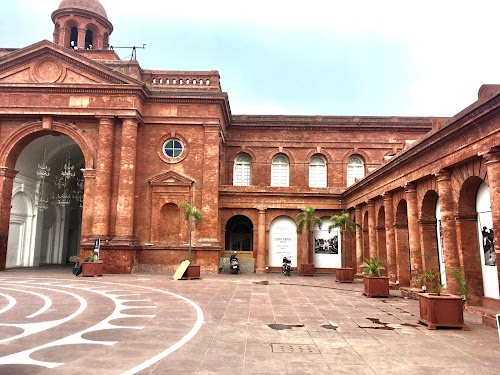
Partition Museum
The Partition Museum in Amritsar is a poignant and moving tribute to the 1947 partition of India. It offers a deeply personal and human perspective on this historical event, showcasing the stories of those who experienced its upheaval firsthand. Through oral histories, photographs, documents, and personal artifacts, the museum captures the immense scale of human displacement, loss, and resilience. Visitors can explore galleries dedicated to various aspects of the partition, including the refugee experience, the Radcliffe Line, and the aftermath of the division. The museum's immersive exhibits create a powerful and emotional connection to the past, fostering empathy and understanding of this pivotal moment in history.
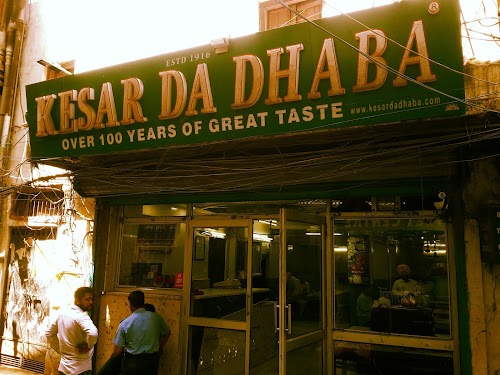
Kesar Da Dhaba
Kesar Da Dhaba is a legendary culinary institution in Amritsar, renowned for its authentic Punjabi cuisine. This humble eatery, tucked away in a narrow lane, offers a simple yet unforgettable dining experience. The aroma of simmering dal makhani, the rich flavors of their buttery parathas, and the melt-in-your-mouth palak paneer are just a few examples of their culinary mastery. The food is prepared with traditional methods, using fresh, locally sourced ingredients, ensuring an unparalleled taste that has captivated generations. The rustic ambiance adds to the charm, transporting diners to a bygone era.
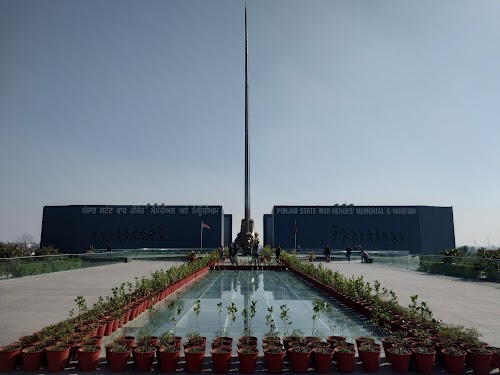
Punjab State War Heros' Memorial & Museum
The Partition Museum in Amritsar, India, is a poignant and moving tribute to the 1947 partition of India and Pakistan. It tells the stories of millions affected by the displacement, violence, and trauma of this historical event. Through oral histories, personal artifacts, photographs, and documents, the museum offers a deeply human perspective on the partition's impact. Visitors can explore the galleries showcasing the events leading up to the partition, the harrowing journeys undertaken by refugees, and the struggles they faced in rebuilding their lives. The museum serves as a space for remembrance, reflection, and education, fostering empathy and understanding of this pivotal moment in history.
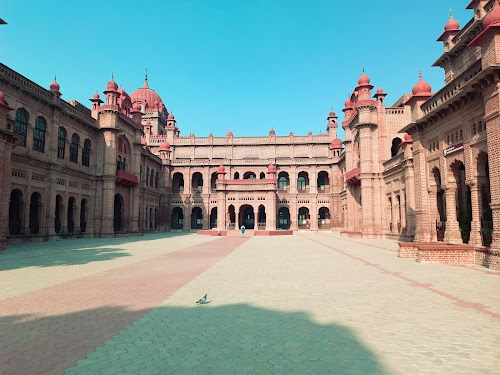
Khalsa College
Khalsa College is a historic educational institution and a prominent landmark in Amritsar. Its stunning Indo-Saracenic architecture, sprawling lawns, and vibrant atmosphere make it a must-visit for tourists. The college buildings, with their intricate carvings, domes, and arches, offer a glimpse into the rich Sikh heritage and the grandeur of the past. Visitors can stroll through the lush green campus, admire the impressive architecture, and learn about the college's significant role in education and the Sikh community. The Khalsa College Museum is also worth exploring, showcasing Sikh history and artifacts.
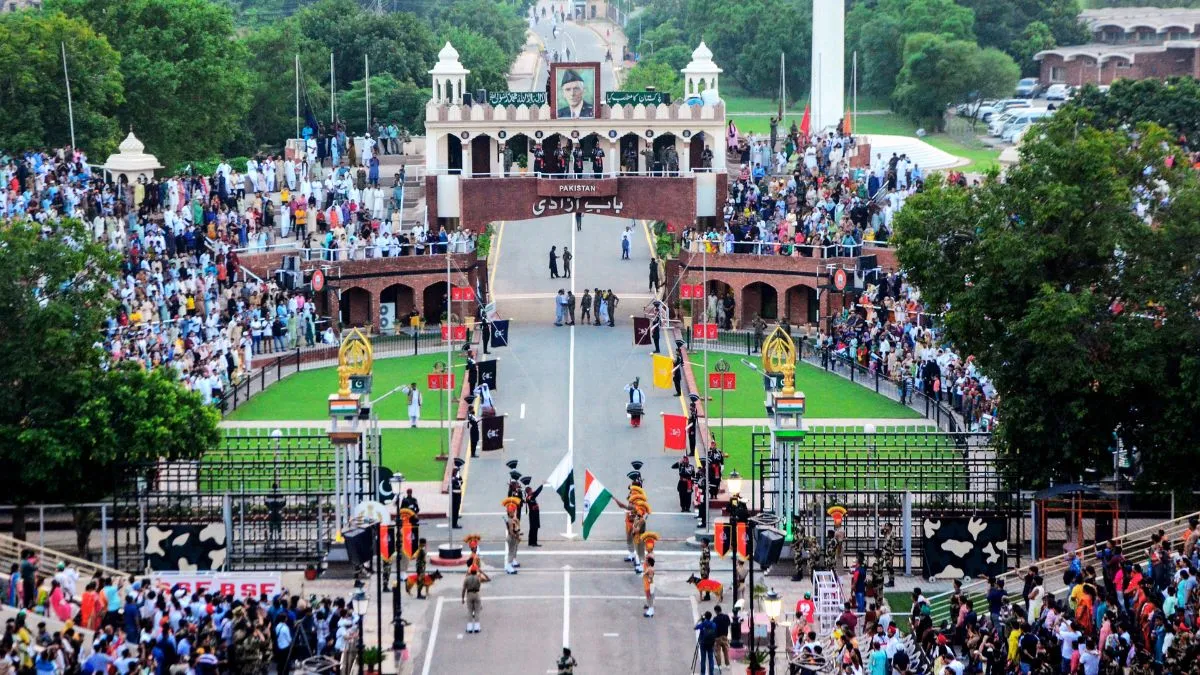
Wagah Border
The Wagah Border ceremony is a daily military practice performed by the Indian Border Security Force (BSF) and the Pakistan Rangers since 1959. This vibrant and patriotic display takes place at the border gate between India and Pakistan, near the town of Wagah in Amritsar, India. Thousands of spectators gather on both sides to witness the elaborate ceremony, which involves synchronized marching, flag lowering, and the energetic exchange of salutes between soldiers of both nations. The ceremony is a symbol of the two countries' rivalry, but also a display of disciplined coordination and a popular tourist attraction.
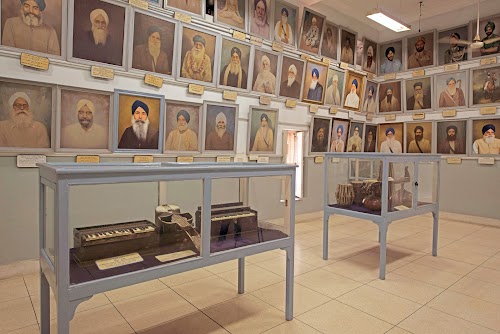
Central Sikh Museum
The Central Sikh Museum, located within the Golden Temple complex in Amritsar, offers a captivating glimpse into Sikh history and culture. It houses a remarkable collection of portraits of Sikh gurus, saints, warriors, and prominent figures. Visitors can explore historical artifacts, including weapons, manuscripts, coins, and artwork, that depict significant events and the evolution of Sikhism. The museum's exhibits showcase the rich heritage and traditions of the Sikh community, providing valuable insights into their beliefs, struggles, and triumphs. It serves as an educational and inspiring destination for both Sikhs and those interested in learning about this vibrant faith.